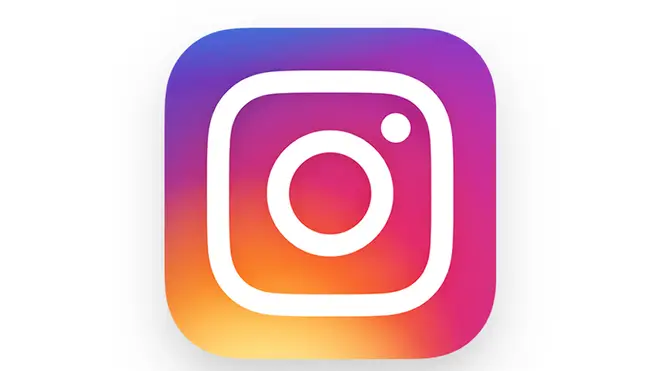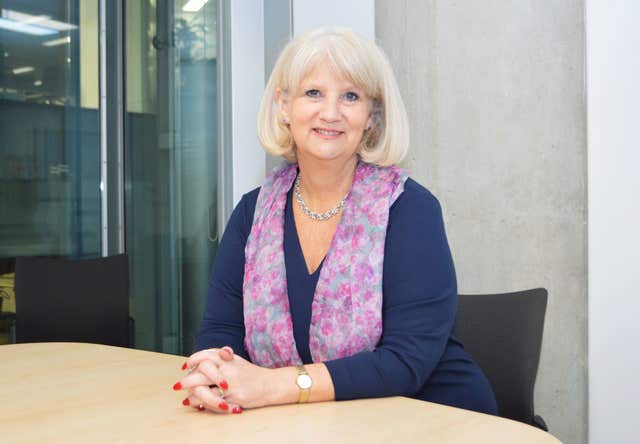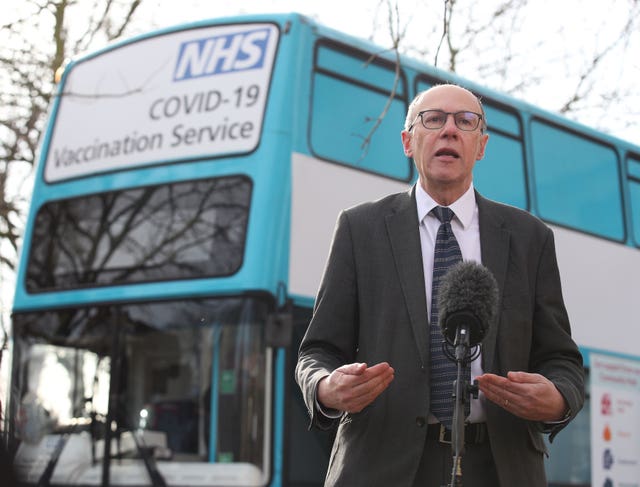
Clive Bull 1am - 4am
3 May 2021, 07:34

NHS officials have asked Instagram to shut down accounts that promote Apetamin.
Instagram has been urged by health leaders to clamp down on influencers using its platform to promote and sell a “dangerous” and unlicensed drug.
Senior NHS officials in England have written to the head of Instagram, Adam Mosseri, urging the company to shut down any accounts and content that promotes or attempts to sell Apetamin.
A BBC investigation said that Apetamin was being marketed by social media influencers as a way to get an extreme hour-glass, curvy figure, but it can cause side-effects including fatigue, jaundice and liver failure.
The letter, from NHS England’s national mental health director, Claire Murdoch, and national medical director, Professor Stephen Powis, alongside Kitty Wallace of the Body Dysmorphic Disorder Foundation, said the drug could result in “serious harm” to anyone who takes it.
They said: “We are writing regarding the unlicensed and dangerous drug Apetamin, which is promoted on your platform and could result in serious harm to any individual who takes it.
“This substance is consumed as a supplement, to foster a specific body image and shape, deemed to be desirable by some high-profile influencers, and predominately targeted at younger women and girls.
“On behalf of NHS patients, staff and people experiencing body dysmorphic disorder and other mental health conditions, as well as their families, we are concerned about both the physical and mental health impacts of the promotion of this drug and strongly urge you to demonstrate a duty of care for your customers, and clamp down now on this dangerous content.”
The letter, dated Friday and seen by the PA news agency, said that the Medicines and Healthcare products Regulatory Agency (MHRA) had made clear that Apetamin is an “unauthorised medicine which should not be sold, supplied or advertised without a licence” and that “taking unauthorised medicines can have serious health consequences”.
But it said that a quick search reveals “dozens” of profiles on Instagram selling and advertising the product to potentially millions of users.

The letter said that while Instagram had recently stressed that buying and selling non-medical or prescription drugs was against its policies, many accounts were still active despite being reported.
It added: “Unfortunately, many accounts are still active, and when such activity was reported – in line with Instagram advice – no action was taken, with a customer service response from your platform claiming that the commercial sale of Apetamin through Instagram accounts did not breach your community guidelines.”
The NHS leaders are asking for an urgent update on what action Instagram is taking to shut down such accounts and confirm that any content selling or promoting Apetamin will be removed.
They also asked the social media platform to confirm how many accounts and posts had been removed in relation to Apetamin and what steps are currently being taken to protect users from content “likely, or with the potential to, trigger or exacerbate body dysmorphic disorder, eating disorders and other conditions”.

The letter also asks whether Instagram supports a recommendation from NHS chief executive Sir Simon Stevens that social media firms could contribute more financially to the provision of young people’s mental health services that are “increasingly called on to support people whose health problems are linked to damaging online content”.
It also asked Instagram to confirm if it agreed that “permitting the sale of supplements such as Apetamin, whose purpose is primarily to encourage impressionable, often younger, women and girls to achieve an unobtainable and biologically unsafe body shape and type, is at odds with Instagram’s community guidelines”.
A spokesman from the Body Dysmorphic Disorder Foundation said: “As a small charity we are becoming increasingly overwhelmed by the numbers of people reaching out to us for more support with the debilitating condition body dysmorphic disorder (BDD).
“Although social media is not the cause of BDD, it has a huge role to play in exacerbating the symptoms.
“We urge companies, such as Instagram, to take the wellbeing of their vulnerable users seriously.
“The promotion of Apetamin on social media can be very damaging in terms of physical and mental health, and therefore should not go unchallenged.”